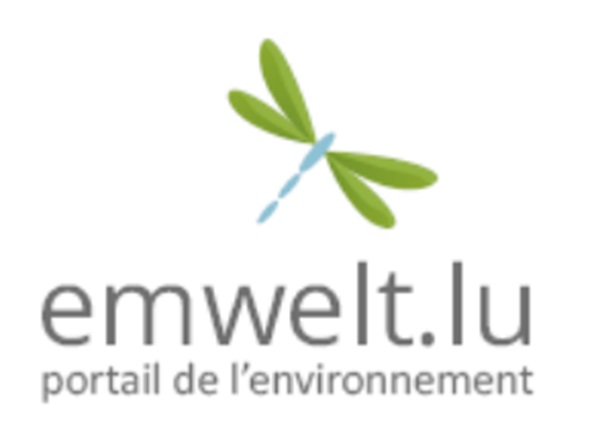
Luxembourg’s Ministry of the Environment, Climate and Biodiversity and the Nature and Forest Administration have announced that a National Strategy Against Invasive Alien Species was launched on Monday 24 June 2024.
Invasive alien species (IAS) pose a growing threat to fauna, flora, ecosystems and humans. They are recognised as one of the five primary causes of biodiversity collapse. To better manage this threat, a national strategy has been developed focusing on four key areas: prevention, management, knowledge improvement and governance.
To obtain a national overview of IAS spread, increased monitoring is essential, the ministry stressed. This approach enables the timely identification and prevention of their spread.
The Nature and Forests Agency (ANF), in collaboration with several stakeholders, has developed a "National Strategy on Invasive Alien Species." This strategy aims to prevent the introduction, establishment and management of these species through appropriate measures. Its effectiveness will be strengthened by the active participation of various stakeholders, including public authorities, municipal administrations, biological stations, hunters, fishermen, gardeners, landscapers and the general public.
To achieve this objective, the ANF noted it focuses on raising awareness and encouraging public participation in the identification and reporting of IAS. The goal is to control their expansion in the natural environment, minimising their negative effects on biodiversity, ecosystem services, human health and the economy.
Context
According to the International Union for Conservation of Nature (IUCN), IAS are a major cause of global biodiversity loss. Increased international trade and climate change heighten the risks of their introduction and spread.
In response to this threat, the European Union (EU) adopted Regulation (EU) No 1143/2014, requiring Member States to take coordinated measures. In Luxembourg, the law of 2 July 2018 implements this legislation, providing for public participation and the establishment of a national list of invasive alien species.
In September 2023, the Intergovernmental Science-Policy Platform on Biodiversity and Ecosystem Services (IPBES) published a report on IAS, highlighting their major role in the extinction of 60% of plants and animals worldwide, with annual costs exceeding $423 billion. The report also notes that effective measures can significantly mitigate this problem.
Nationally, the fight against IAS is a key commitment of the 3rd National Plan for the Protection of Nature (PNPN3). Three specific measures have been formulated:
- implement action plans on invasive alien species;
- reduce by 50% the number of species on the Red List threatened by invasive alien species;
- establish a national list of invasive alien species and develop corresponding management plans.
The Luxembourg strategy lays the essential foundations for achieving these objectives. This will be accomplished through specific measures, such as monitoring IAS introduction pathways and ecosystem restoration, as well as integrating this theme into existing procedures.
The ministry added it invites all stakeholders and the public to mobilise to protect Luxembourg's biodiversity from invasive alien species.
More information is available at: neobiota.lu – Invasive Alien Species in Luxembourg.








